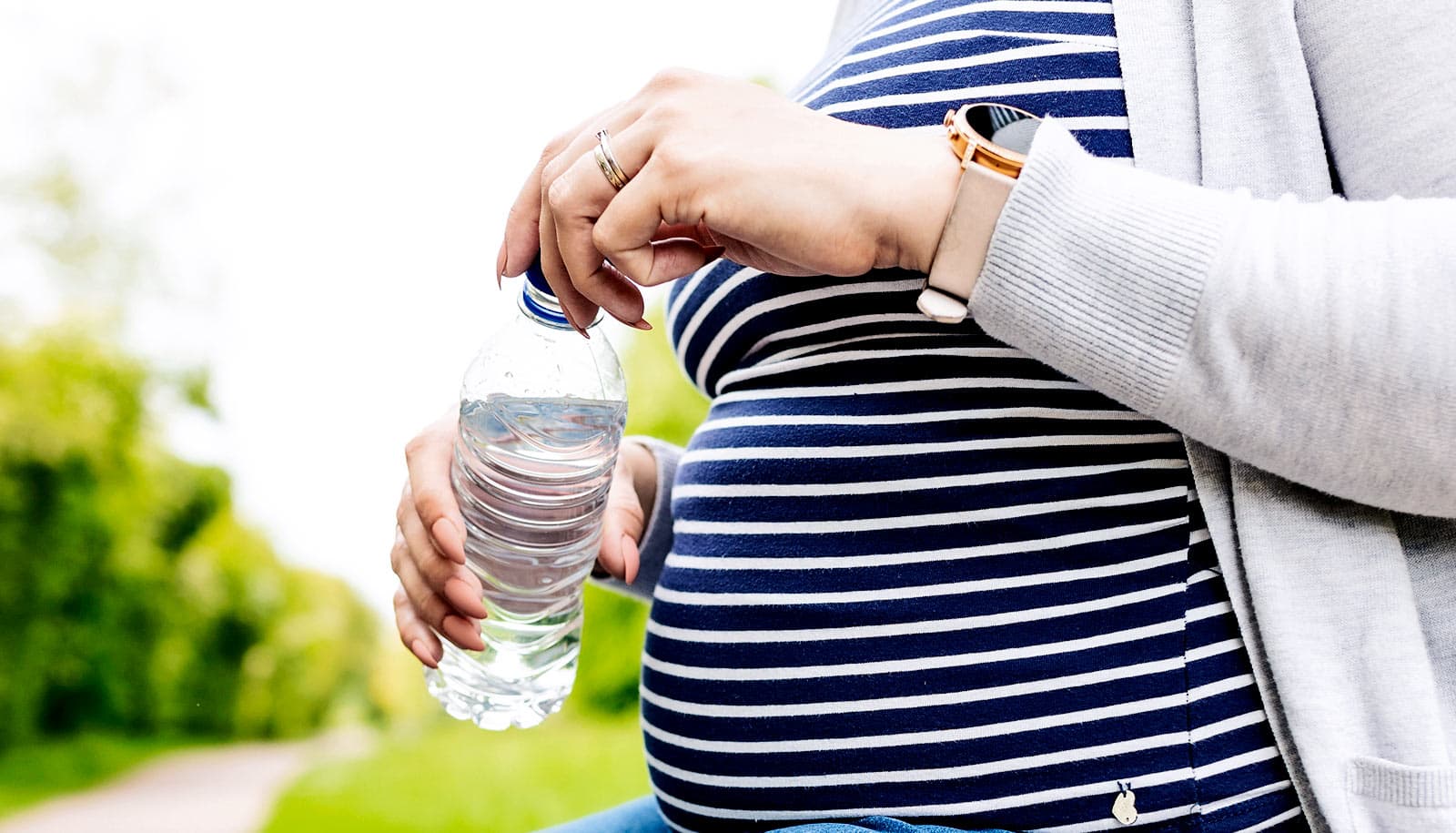Women exposed simultaneously to stress and phthalates late in pregnancy are at increased risk for premature birth, a new study shows.
Researchers say the study, published in Environment International, is the first to analyze a link between stress and phthalates—a group of chemicals in plastics, personal care products, and electronics—and premature births.
The findings are the latest in the Infant Development and the Environment Study, which tracked 783 women throughout their pregnancies between 2010 and 2012.
“Both exposure to phthalates and high levels of stress have been individually linked to births before 37 weeks gestation, but how these two risk factors may influence each other had not been previously explored,” says coauthor Emily Barrett, an associate professor at Rutgers School of Public Health and Environmental and Occupational Health Sciences Institute. “Our research suggests that the third trimester is the critical window for these risks.”
Phthalates are all around us
Exposure to phthalates comes from eating and drinking foods from containers and products containing the chemicals, through packaging and food handling equipment, through their skin in personal care products, and in the air they breathe.
While stress itself is not related to the exposure of these plastic additives, stress can affect the immune system, lead to inflammation, and change hormone levels, potentially making these women more vulnerable to the adverse effects of phthalates.
Barrett says other factors—how a woman perceives stress, how she uses social supports to lessen stress, and the total number of stress events in her life—can affect how stress during pregnancy affects her child’s health.
Stress build-up
Researchers recommend that pregnant women limit their exposure to phthalates by eating less processed foods and reducing use of plastics and personal care products.
To arrive at their findings, researchers analyzed urine samples throughout the women’s pregnancies for traces of phthalates and reviewed questionnaires they completed in their third trimester about stressful events—such as job loss, serious illness, family death, relationship difficulties, and legal or financial problems—during their pregnancies.
About 9% of the women delivered prematurely, 70% of which were spontaneous.
“Mothers who had higher levels of phthalates in their urine and reported stress during their pregnancy as well were more likely to give birth preterm,” Barrett says. “We think that stress may make the body more vulnerable to the impacts of chemicals in our environment, like phthalates.”
Source: Rutgers University

